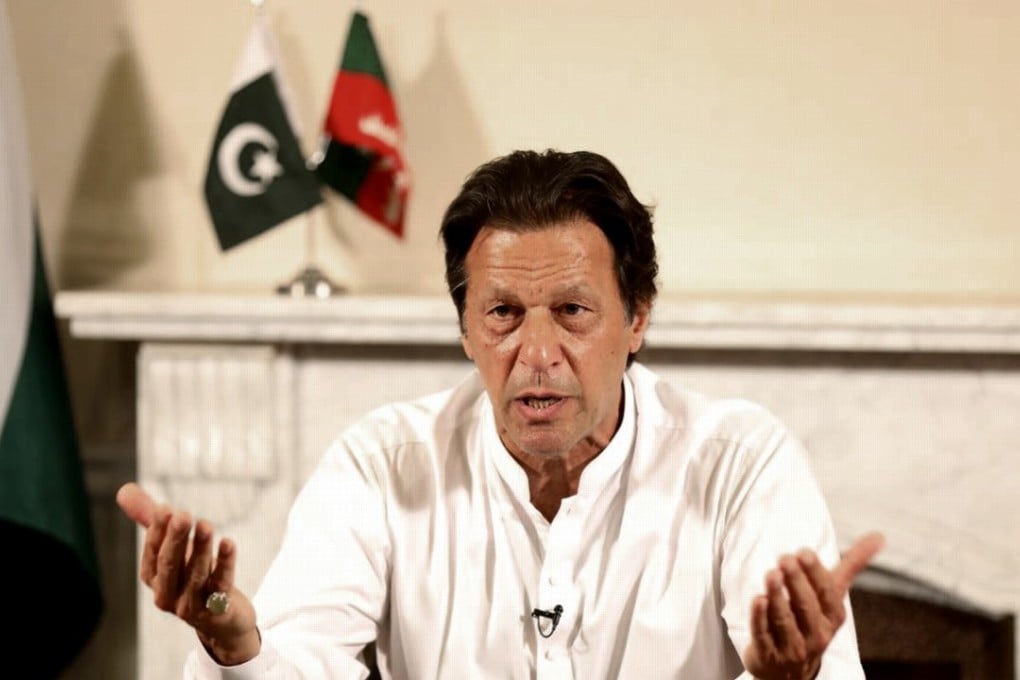Imran Khan expected to stick with Chinese investment projects after Pakistan election victory
Analysts believe populist former cricketer may re-examine the merits of some of the schemes but will be keen to reap the economic benefits

Pakistan is likely to review some of China’s energy and infrastructure projects following Imran Khan’s election victory, but is likely to maintain close ties to Beijing as a foreign policy priority, analysts have said.
On Thursday Khan’s Pakistan Movement for Justice (PTI) declared victory in the country’s general election even though rival parties accused him of fraud.
The populist former cricket star has said his nation can learn from China’s crackdown on corruption and poverty alleviation efforts.
One of the key planks of Khan’s campaign was to highlight the corruption charges against the incumbent Pakistan Muslim League-Nawaz (PML-N), a key driver of the China Pakistan Economic Corridor (CPEC).
Khan’s long time rival, former prime minister and head of PML-N Nawaz Sharif, who championed the Chinese-funded energy and infrastructure projects, was jailed on corruption charges last month.
Khan’s party and other opposition parties have staged frequent protests that caused projects associated with the corridor to be delayed, but Khan stressed that the target was Sharif and not China.
Khan said in his victory speech that the economic corridor is a “huge opportunity” to drive investment into Pakistan.